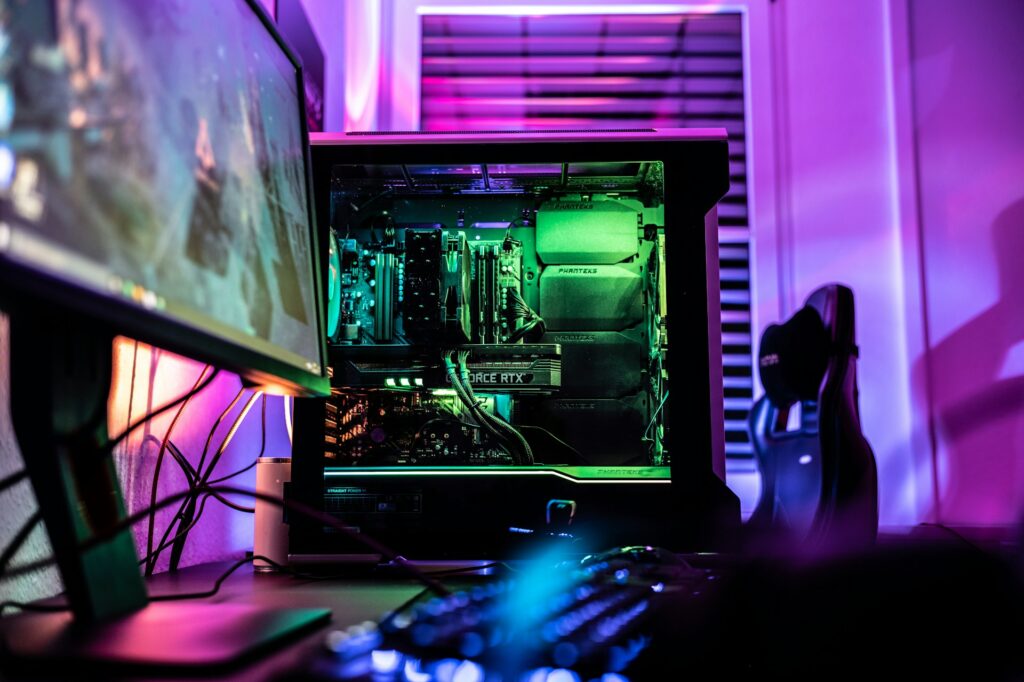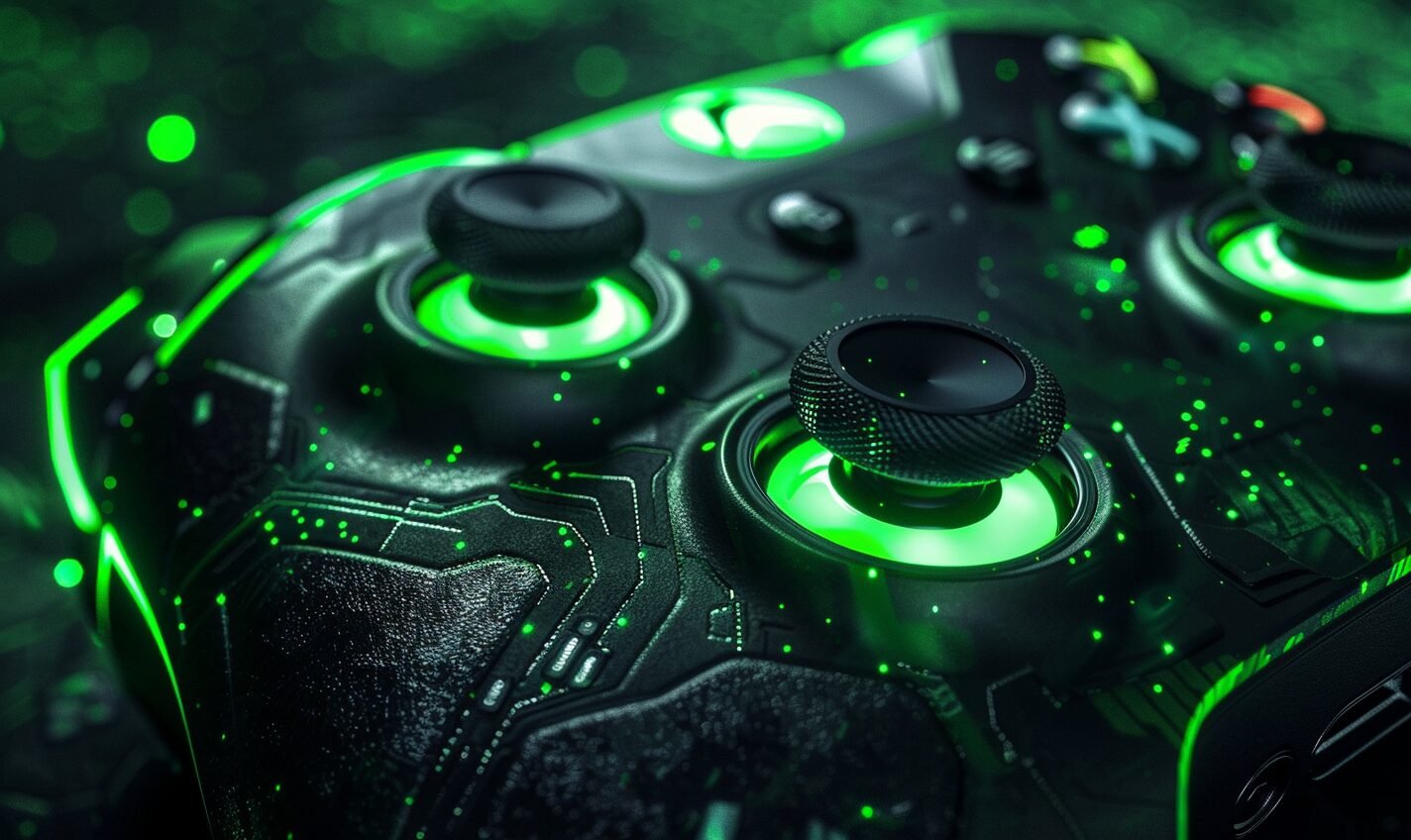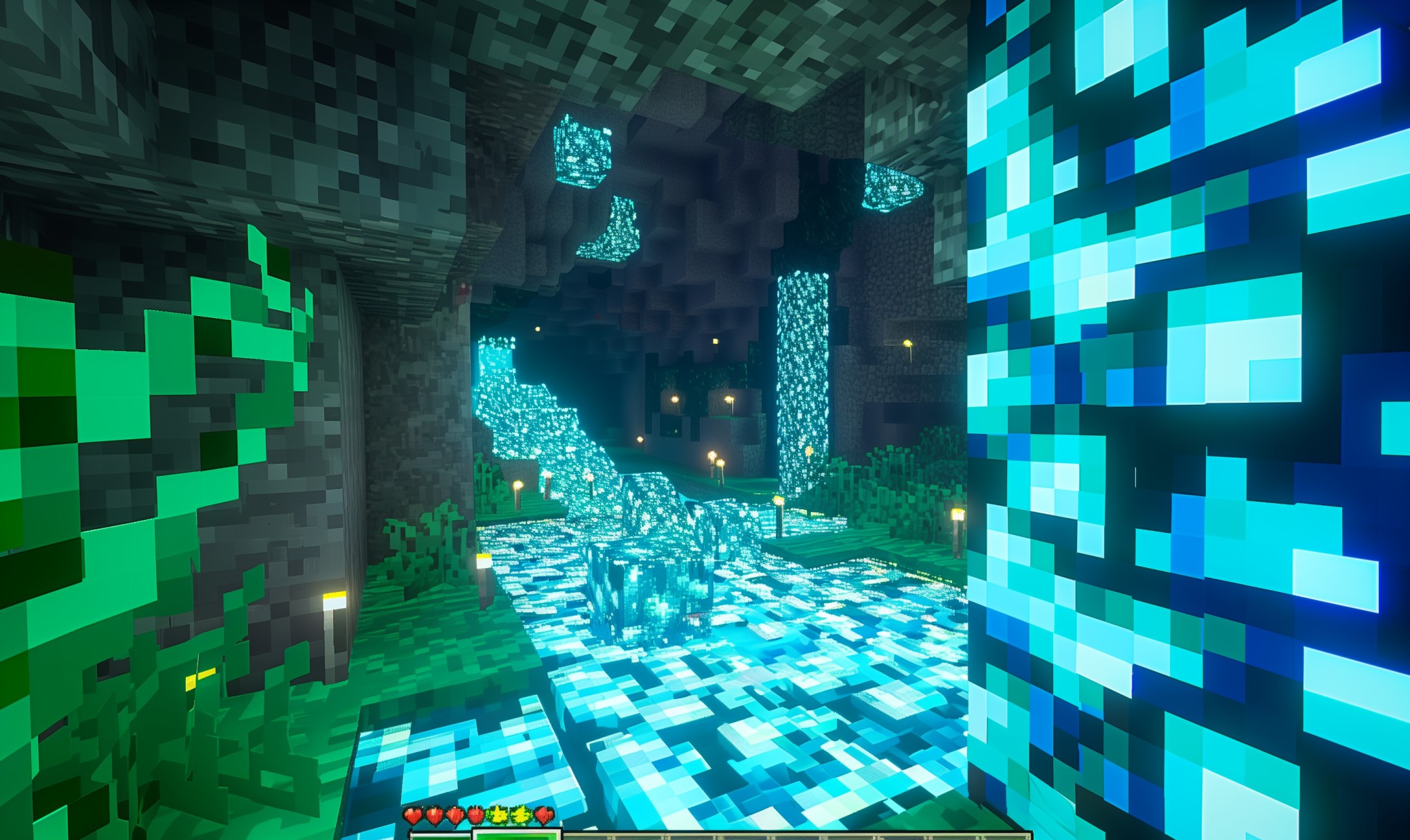Artificial intelligence (AI) has rapidly gained momentum, and many people are exploring the best ways to use it. Some applications relate to AI gaming achievements, leaving some individuals to wonder how the technology could change development, play experiences and more.
However, applying artificial intelligence to the gaming world is not entirely new. AI controls some non-player characters (NPCs) in games, making their interactions with players seem more spontaneous and driven by specific events or developments. Some companies use AI to assist in the testing process, too.
Now that artificial intelligence is increasingly utilized, what should gaming enthusiasts expect regarding its influence?
More Applications in Competitive Gaming
The booming esports industry proves people can do more than have fun and relax while playing games. Some make their living by progressing through popular games within a multiplayer environment, often in dedicated arenas. Gaming is more than a pleasurable activity for the most successful esports players. They treat it as their career path, taking it so seriously that many get coaches and attend training sessions to prepare for upcoming competitions.
Esports players know the importance of caring for themselves by getting enough sleep, eating well and managing stress. All those things can optimize performance. However, many also see the value in analyzing past performances and spotting trends to look for ways to improve. AI excels at identifying patterns in large groups of data, so it can help players and coaches detect insights they might otherwise overlook.
Although most people don’t consider competitive gaming a sport, they recognize its demanding nature. Even if a player is among the most successful gamers on the esports circuit, they can rarely afford to rest and enjoy the fruits of all their hard work. Instead, they must stay focused on getting better results and outperforming other players.
As you might imagine, esports coaches study many aspects when helping clients improve. Some companies offer AI gaming platforms to make that easier. One product uses the technology to analyze how individuals or teams perform in each session. It then provides actionable feedback coaches or players can use to get improved outcomes.
Esports events organizers could also use AI to assess specifics such as the average time for a person to progress to a particular level or reach another milestone. AI gaming analyzers might show esports marketers which demographics will likely buy tickets to upcoming events or engage in relevant content. Then, they can target their messaging to interest the audience and turn them into loyal followers.
AI Gaming Tools Supporting Developers
The extent to which AI will replace people’s jobs has been hotly debated. However, as many real-world cases across industries already show, the technology still needs human oversight and knowledge to work well.
One of the most likely trends of the coming few years is that AI will support gaming developers in their work. Some game studios have already experimented with that approach on a tiny scale. For example, one forthcoming game will feature AI-generated art, but only for 0.01% of the title’s content. More specifically, players will see it on the in-game album covers for the soundtracks.
However, the company still relied on its development team for all the foundational elements. You can expect to see more small-scale experimentation, especially as game company decision-makers examine the best ways to keep workers productive and help them use their talents well.
In another case, writers at one game studio used an AI tool to develop dialogue for NPCs. This tool also allowed the users to input speech displayed as movements when outputted in the game. That capability could lead to more games having highly expressive NPCs that can authentically engage with players despite uttering fewer words.
The real-world uses have also shown instances where AI can work better than others, though. For example, feedback so far indicates a tool used to create what an NPC character says will give more realistic results when the dialogue is associated with an in-game personality that harms players rather than helps them.
Fewer Obstacles to Game Development
Relatedly, some people believe 2024 will be the start of an indie revolution. They expect AI gaming tools to remove the skill-related barriers to entry by not requiring people to have coding skills to create video games. Indeed, some people have already used products like ChatGPT to help them overcome some of the code-related obstacles of making video games for the first time.
A similar shift occurred in the music industry as YouTube and social media platforms began to gain momentum. A musician no longer needed to wait for a record label executive to discover them. They could upload clips online and let the public find out about them without an intermediary. Plus, people could record albums in their basements using free or low-cost tools. That option allowed them to have marketable products for fans without ever signing industry contacts.
More Personalization Thanks to AI Gaming
Video games rely on dynamic difficulty adjustment to help players have enjoyable experiences. It automatically changes how challenging the content is according to how someone performs. For example, if someone does better than a developer expects during a given level, the difficulty would automatically ramp up to keep that gamer engaged.
Researchers used AI to vary how dynamic difficulty adjustment works. Machine learning algorithms trained on human data adjusted the game’s challenges based on four aspects. Participants played a fighting game against artificial intelligence and then took surveys to give details of their experiences.
It’s also possible recruiters and human resources professionals will personalize the application process by using AI gaming to gauge someone’s suitability for an open position. A small study from the University of Cologne indicated people who completed virtual reality games faster had more general intelligence and faster processing capacity.
However, the researchers cautioned that very few studies about this matter exist. That means people should refrain from jumping to conclusions or expecting all companies to use gaming as an application component within the next year or two.
If some businesses take this approach to fill workforce gaps, though, it could give people more ways to show their strengths, especially if they stumbled during other assessments or feel their best when gaming.
An Exciting Future for AI in Gaming
As artificial intelligence algorithms get more advanced and applied in new ways, people will undoubtedly notice other changes affecting the gaming industry and the players who love it. It’s too early to say how these things will pan out and how long these trends might last. But it’s certainly a time when game developers are breaking boundaries.
Recent Stories
Follow Us On
Get the latest tech stories and news in seconds!
Sign up for our newsletter below to receive updates about technology trends














